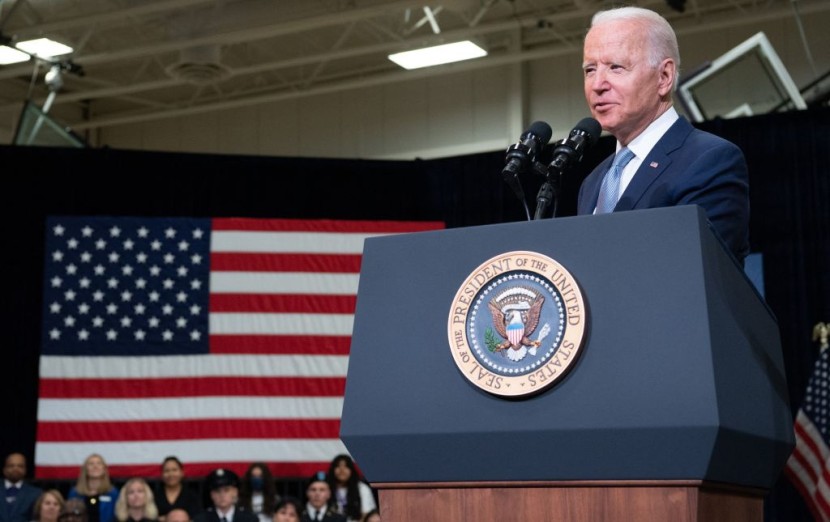
United States President Joe Biden announced last month that he would allow the expiration of the enhanced unemployment insurance in early September after many businesses and Republicans criticized the financial relief program for thwarting residents from searching for jobs.
During a speech in Delaware last June, the Democratic leader said that the unemployment benefits that assisted residents who lost their sources of income due to the coronavirus pandemic will be expiring in 90 days.
Expiring Unemployment Benefits
It was the first time that Biden openly supported letting the unemployment benefit expire on September 6. Later on, a White House official said that the financial relief program was only given as a "temporary lifeline" that was scheduled to expire.
Brian Deese, the National Economic Council director, said during a news conference that what the U.S. president said was an appropriate choice of action. The official later uploaded a post on Twitter, saying that the Democrat's views did not extend to a pair of government programs that supported gig-workers, freelancers, and residents who have been unemployed for extended periods that are also scheduled to expire in the same month.
Sen. Ron Wyden, chair of the Senate Finance Committee, said in a statement that he previously noted how the pandemic unemployment programs should be connected to certain conditions. He said that if the Biden administration did that with the first rescue plan, there wouldn't be these many concerns regarding the September expiration, Business Insider reported.
However, judges in Maryland and Indiana have made opposing decisions that would allow the continuation of their states' enhanced unemployment benefits. The two regions are among 26 states that have decided to allow the expiration of the benefits, which include $300 weekly bonus checks and coverage for freelancers before the scheduled date of September 6.
Read Also: Donald Trump Sues Facebook, Twitter, Google For "Breach of Freedom of Speech" to Recover Accounts
Texas authorities have also filed a lawsuit that aims to bring back the financial support that was removed on June 26. And this week, two Ohio lawyers followed the suit, arguing that the state's statutory language is similar to Indiana's. The two states are currently waiting for a decision to be made.
Countering the Official Decision
Maryland officials aimed to stop the benefits earlier this month, but a state judge issues a temporary restraining order. The decision would require the state to continue to provide unemployment benefits for 10 more days. Indiana, on the other hand, ended its benefit distribution on June 19 and will no longer provide financial support despite being required by the federal government.
Despite many government officials arguing that the unemployment benefits were discouraging residents from looking for new jobs, job search rates have still not increased even after the financial support was removed, CNET reported.
The decision to end the federal $300 weekly unemployment benefit was declared by a number of Republican-led states since the beginning of May. They said that people enjoyed receiving financial support for not having jobs.
Last month, Senate Minority Leader Mitch McConnell said that many people from business, hospitals, and educators think the unemployed earn more from not working at all, Forbes reported.
Related Article:
© 2026 HNGN, All rights reserved. Do not reproduce without permission.








